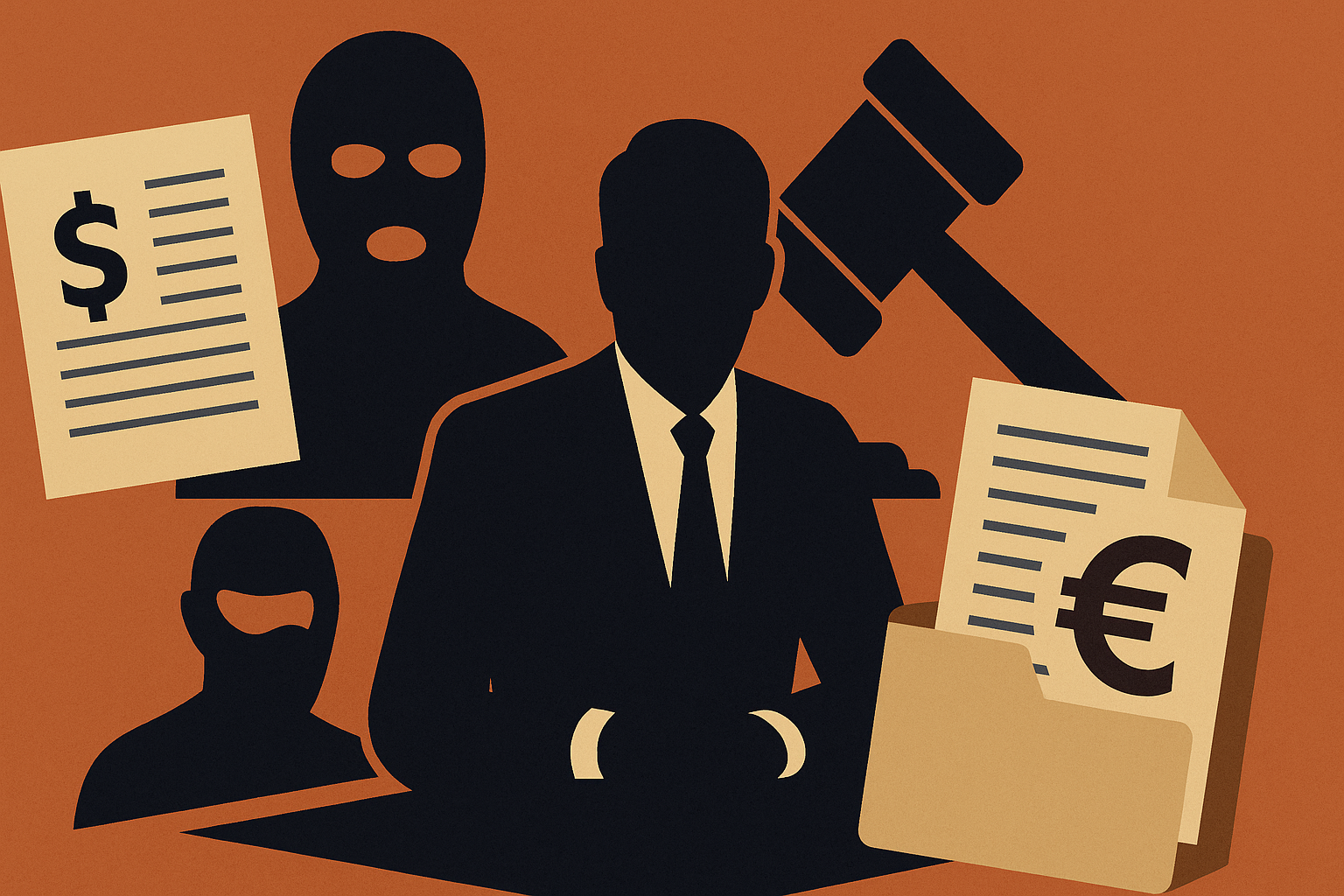Spain’s private equity industry has been thrust into turmoil following a major tax fraud investigation involving Javier de Jaime Guijarro, a senior executive at CVC Capital Partners, one of Europe’s largest investment firms. The probe, linked to a multibillion-euro healthcare deal, could have wide-ranging implications for the financial sector and the taxation of private equity earnings in Spain.
The Allegations
Spanish prosecutors allege that de Jaime and CVC defrauded the state of more than €350 million through tax maneuvers tied to the 2017 sale of Quirónsalud, a leading private hospital group. The case accuses CVC of misclassifying profits and using offshore holding structures to avoid higher taxation.
Court documents show that de Jaime, a managing partner at CVC and one of Spain’s most influential dealmakers, is personally accused of committing four tax offences between 2015 and 2018. Meanwhile, CVC faces 13 counts of tax-related crimes.
Investigators claim that de Jaime and CVC classified investment earnings as capital gains rather than employment income, reducing their tax liability. The distinction is significant, as Spain’s top capital gains rate is 30%, compared with up to 50% on personal income depending on the region.
CVC and de Jaime both deny wrongdoing, and the firm has said it “vigorously disputes” the allegations. The Spanish National High Court will decide whether the case proceeds to trial after the investigation concludes.
The Deal at the Center of the Probe
The investigation stems from CVC’s highly profitable sale of Quirónsalud to Germany’s Fresenius Helios in 2017 for €5.76 billion. The transaction yielded almost €2.9 billion in profits, making it one of the most successful private equity exits in Spanish history.
CVC’s involvement in the healthcare company dates back to 1998, when it acquired a small hospital chain, Recoletas, for about $85 million including debt. Over the following years, CVC sold and reacquired the business, merging it with other hospital groups under the brand IDC Salud, and later with Quirón.
Under typical private equity arrangements, executives share a portion of post-sale profits — known as carried interest — with fund investors. Sources close to the matter suggest de Jaime personally earned tens of millions of euros from the deal.
The Legal and Tax Debate
At the heart of the case lies the grey area surrounding carried interest taxation in Spain. While many countries treat carried interest as a capital gain eligible for lower tax rates, Spanish authorities argue that it should be taxed as income.
The Spanish tax authority began investigating the Quirónsalud deal in 2021, later forwarding its findings to public prosecutors. Authorities claim that CVC used a complex network of holding companies in the Netherlands, Luxembourg, and the Cayman Islands to minimize its tax obligations.
CVC declared tax in the Netherlands but paid none in Spain, citing a double taxation treaty between the two countries. Spanish officials now contend that the Dutch holding structure should be disregarded, meaning the Luxembourg-based CVC fund should have paid Spanish taxes as a non-resident entity.
Wider Implications for the Private Equity Sector
Legal experts say the outcome of the CVC case could reshape how private equity transactions are structured in Spain. A senior lawyer specializing in buyouts described the case as a “test of the system,” warning that a ruling against CVC could force firms to overhaul their investment and tax strategies.
“If CVC is unsuccessful, it will set a precedent for how private equity funds operate in Spain and could make the country less attractive to global investors,” the lawyer said.
The use of Luxembourg-based entities has long been common among buyout firms, largely due to favorable legal frameworks that protect lenders’ rights. However, Spain’s tax authority is reportedly pursuing similar investigations into other firms, signaling a broader crackdown on cross-border tax arrangements.
Who is Javier de Jaime?
A veteran of CVC since 1997, de Jaime oversees the firm’s operations in Spain and Italy and holds influence across the group’s European network. He has played a leading role in CVC’s investments in La Liga, Naturgy, and Deoleo, the owner of olive oil brands Bertolli and Carbonell.
When CVC went public in 2023, de Jaime’s personal stake exceeded €500 million, making him one of the firm’s wealthiest executives, behind only its founders and CEO Rob Lucas.
The Road Ahead
The National High Court’s investigation remains ongoing, and no formal charges have yet been filed. However, if prosecutors succeed in bringing the case to trial, both CVC and de Jaime could be forced to defend their business practices in court — a highly public test for an industry known for its discretion.
For now, Spain’s private equity sector is watching closely. A conviction could mark a turning point in how global investment firms navigate taxation, transparency, and compliance in Europe’s fourth-largest economy.








